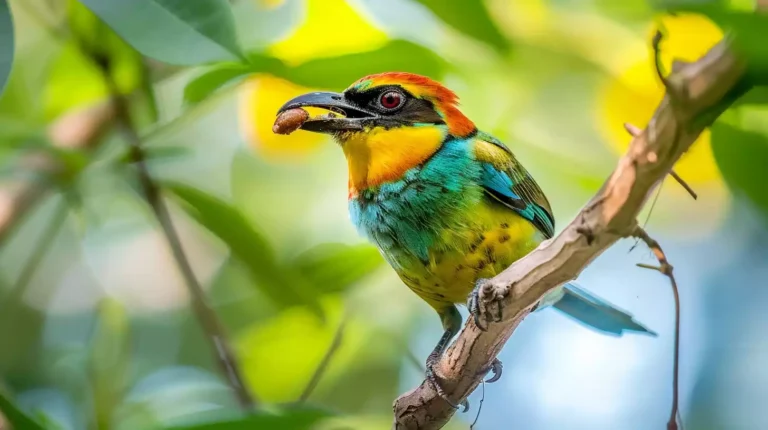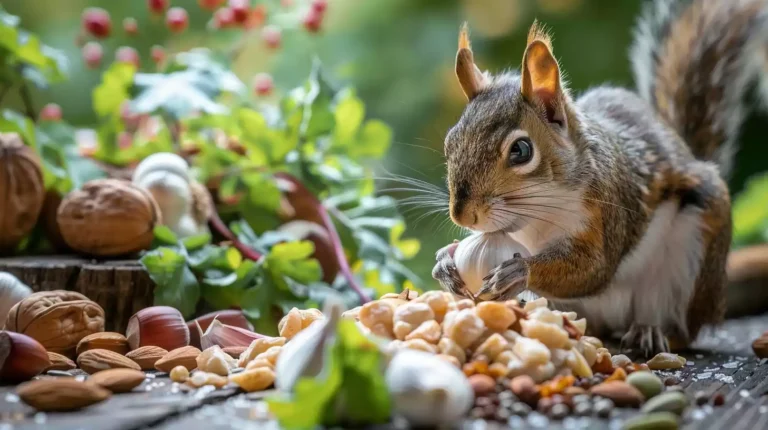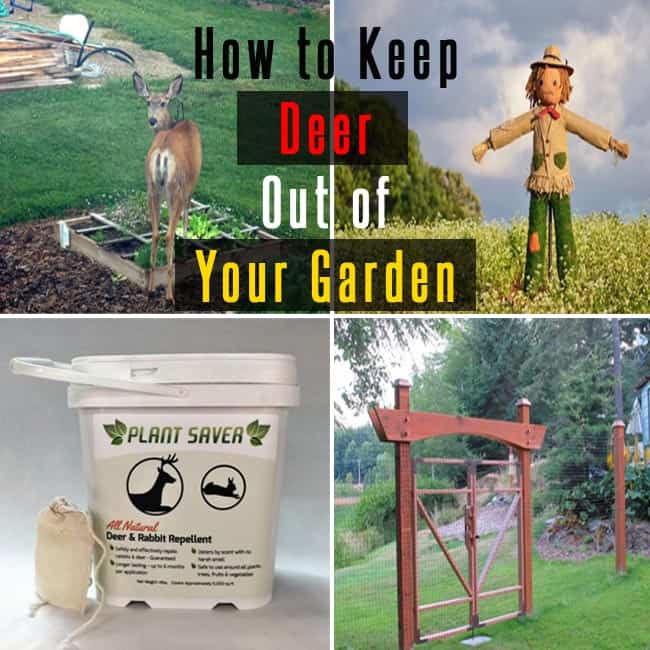Do Rabbits Eat Sunflowers? Tips For Protecting Your Garden
Oh, absolutely! Rabbits love munching on sunflowers, relishing every bit from the leaves to the seeds, especially the tender parts.
They find sunflowers irresistible and quite a delightful treat in their menu. But remember, moderation is key, and it’s important to keep an eye on their intake.
Sunflowers do pose risks for rabbits if consumed excessively, leading to potential digestive issues.
Main Points Covered Below
- Rabbits enjoy sunflowers’ tender leaves, stems, and seeds.
- Sunflowers attract rabbits with their vibrant and young parts.
- Moderation is essential when offering high-fat sunflower seeds.
- Sunflower seeds should be a occasional treat, minus shells.
- Protect sunflowers with raised beds, fencing, and barriers from rabbit damage.
Rabbit Feeding Habits on Sunflowers
Rabbits enjoy eating sunflowers, including their leaves, stems, and seeds. These furry critters have a particular fondness for the tender parts of sunflowers, making them a prime target for rabbit feeding.
As cute as rabbits may be, their appetite for sunflowers can potentially cause significant damage, especially to young sunflowers that are more vulnerable to their munching habits.
To safeguard your sunflowers from becoming a rabbit’s buffet, consider using fencing or natural deterrents to keep these voracious herbivores at bay.
By creating barriers or employing strategies to deter rabbits, you can help protect your sunflowers and guarantee they reach their full blooming potential without being devoured by these fluffy foragers.
Sunflowers as Rabbit Attractants
Sunflowers have a unique allure for rabbits, drawing them in with their tender leaves and stems. These vibrant plants aren’t just a feast for the eyes but also a delectable treat for rabbits, especially when they’re young.
As sunflowers sway in the breeze, they beckon these furry foragers to indulge in a buffet of sunflower seeds, leaves, and stems.
Sunflowers and Rabbit Diet
With their tender leaves and stems, sunflowers prove irresistible to rabbits, making them a common target for feeding in gardens.
Here are some tips to deal with this furry garden pest:
- Protective Measures: Consider planting sunflowers in raised beds or using fencing to deter rabbits from reaching them easily.
- Alternative Targets: Bunnies may also target other plants like cucumbers if they’re available, so be mindful of what you plant around sunflowers.
- Deterrents: Using natural deterrents such as predator urine or planting rabbit-resistant flowers can help keep rabbits away from your beloved sunflowers.
- Vigilance: Regularly monitor your garden for signs of rabbit activity and take necessary precautions to protect your plants.
Sunflower Seeds for Rabbits
When considering sunflower seeds as a treat for rabbits, it’s important to note their appeal due to high fat and protein content. Rabbits living near sunflower fields may be drawn to these seeds for their nutritional benefits.
While sunflower seeds can be a tasty addition to a rabbit’s diet, moderation is key. The high fat content in sunflower seeds makes them a calorie-dense snack that should be offered sparingly. Remember to remove the shells before feeding them to your furry friends to prevent any choking hazards.
Offering sunflower seeds as an occasional treat can provide variety and excitement for rabbits, but it’s essential to balance their diet with other essential nutrients for best health.
Sunflowers in Rabbit Forage
As I stroll through my garden, the lush green leaves of sunflowers sway gently in the breeze, beckoning rabbits with their tender allure.
Here are some key points to keep in mind when dealing with sunflowers as rabbit attractants:
- Secure your sunflowers: Use chicken wire or other protective fencing to shield your sunflowers from curious bunnies.
- Raised beds: Planting sunflowers in raised beds can make it harder for rabbits to access them.
- Deterrents: Consider using natural deterrents like predator urine or rabbit-resistant flowers to discourage rabbits from munching on your sunflowers.
- Alternative attractions: Rabbits might also be drawn to other garden delights like cucumbers, so be mindful of what else is accessible to them.
Risks of Rabbits Eating Sunflowers
I discovered that sunflowers can pose risks to rabbits if consumed, potentially causing digestive issues or toxicity.
It’s important to be aware of these dangers to guarantee the well-being of both the rabbits and the sunflowers.
Implementing protective measures can help prevent these risks and create a harmonious garden environment for all.
Sunflower Toxicity for Rabbits
Sunflowers present a potential risk to rabbits due to the possibility of digestive issues from excessive consumption. As much as rabbits enjoy nibbling on sunflower leaves, stems, and seeds, it’s important to be mindful of the risks involved.
Here are a few key points to keep in mind:
- While sunflowers aren’t harmful to rabbits, overindulgence can lead to digestive problems.
- Moderation is essential when offering sunflowers to your bunny to avoid any potential issues.
- Monitoring your rabbit’s consumption of sunflowers can help prevent any negative effects.
- Providing a balanced diet with a variety of rabbit-friendly plants can help prevent excessive intake of sunflowers.
Digestive Issues Potential
High levels of fiber in sunflowers can pose digestive risks for rabbits when consumed excessively. The tough and fibrous nature of sunflower stems and leaves can be hard for rabbits to digest properly, potentially leading to gastrointestinal stasis, bloating, gas, or discomfort.
Monitoring your rabbits’ intake of sunflowers and providing a balanced diet is vital to prevent these rabbit digestive issues. It’s essential to be mindful of the amount of sunflowers your rabbits consume to guarantee any potential digestive complications.
Protecting Sunflowers From Rabbits
To safeguard sunflowers from rabbits, consider implementing protective measures such as raised beds or fencing. Rabbits are notorious for their love of munching on tender sunflower leaves and stems, making these beautiful plants vulnerable to their appetites.
Here are some tips to help protect your sunflowers:
- Raised Beds: Planting sunflowers in raised beds can make it more challenging for rabbits to access them, as the height can deter these furry intruders.
- Fencing: Installing a fence around your sunflower patch is an effective way to keep rabbits at bay. Make sure the fence goes deep into the ground to prevent burrowing.
- Repellents: Consider using natural repellents like predator urine or specialized rabbit deterrent sprays to discourage rabbits from feasting on your sunflowers.
- Scare Tactics: Implement scare tactics such as motion-activated sprinklers or noise-making devices to startle rabbits and make them think twice before approaching your sunflowers.
Natural Deterrents for Rabbits
When it comes to keeping rabbits away from your sunflowers, planting rabbit-resistant flowers and setting up protective fencing can be effective natural deterrents. These methods can help safeguard your sunflowers and prevent them from becoming a rabbit’s next meal.
Planting Rabbit-Resistant Flowers
Planting rabbit-resistant flowers such as marigolds and catmints can effectively deter rabbits from feasting on sunflowers. When considering planting rabbit-resistant flowers, remember these key points:
- Strong Scents: Flowers like marigolds and catmints emit odors that rabbits find unpleasant, deterring them from approaching sunflowers.
- Natural Barrier: Creating a border of rabbit-resistant flowers around sunflowers forms a protective barrier that rabbits are less likely to cross.
- Disliked by Rabbits: Choosing flowers that rabbits dislike can noticeably reduce the chances of sunflowers being damaged by rabbit feeding.
- Environmentally Friendly: Utilizing natural deterrents like rabbit-resistant flowers is both effective and environmentally friendly, ensuring the protection of sunflowers without harmful chemicals.
Using Fencing for Protection
Considering natural deterrents for rabbits, fencing serves as a highly effective method to protect sunflowers from damage and guarantee a rabbit-free garden space.
When it comes to keeping those fluffy intruders away from your precious sunflowers, installing a sturdy fence is the way to go. Opt for chicken wire with small gaps that create a formidable barrier to prevent rabbits from nibbling on your blooms.
To up the ante, bury the fence about a foot deep to thwart any burrowing attempts by those persistent critters.
Planting Strategies to Prevent Rabbits
To deter rabbits from feasting on sunflowers, strategic planting methods can be employed. Here are some effective strategies to prevent rabbits from devouring your beloved sunflowers:
- Plant sunflowers in raised beds or containers: By elevating your sunflowers, you make it harder for rabbits to reach them, deterring their feeding habits.
- Use fencing around sunflowers: Creating a barrier with fencing can be an effective way to keep rabbits at bay. They’ll have a harder time penetrating the protected area.
- Consider planting rabbit-resistant flowers: Surrounding your sunflowers with rabbit-resistant plants like marigolds or catmint can act as a natural deterrent, making the area less appealing to rabbits.
- Place physical barriers: Installing wire fences or protective cages around your sunflowers can provide an additional layer of defense, preventing rabbits from accessing the plants easily.
Implementing these planting strategies can help safeguard your sunflowers from rabbit attacks, ensuring they bloom beautifully for you to enjoy.
Rabbit-Resistant Flowers for Gardens
When selecting flowers for your garden that are less appealing to rabbits, consider incorporating rabbit-resistant varieties like marigolds, daffodils, and lavender. These flowers not only add beauty to your garden but also serve as a natural deterrent to rabbits.
Moreover, cone flowers, foxgloves, and bee balm are also known to be less enticing to these furry pests. If you’re looking to protect your garden further, roses, snapdragons, and geraniums are excellent choices.
Planting daffodils or hyacinths can act as a barrier around more vulnerable flowers like tulips in areas prone to rabbit intrusions. By growing sunflowers alongside these rabbit-resistant options, you can create a diverse and colorful garden that’s less likely to attract rabbits.
Rabbit Behavior Towards Sunflowers
Rabbits find sunflowers particularly enticing due to the tender nature of their leaves and stems. When it comes to sunflowers and rabbits, there are a few key behaviors to take into account:
- Feeding Habits: Rabbits are known to nibble on sunflowers, especially when they’re young and vulnerable. Their attraction to the tender parts of the plant can lead to damage if not addressed.
- Protective Measures: To safeguard sunflowers from rabbit munching, planting them in raised beds or using fencing can be effective strategies. These physical barriers can deter rabbits from accessing the plants.
- Alternative Attractions: It’s essential to note that rabbits may also be drawn to other garden plants like cucumbers if they’re easily reachable. Being mindful of what else rabbits might find appealing can help in protecting your sunflowers.
- Deterrent Options: Utilizing natural deterrents such as predator urine or opting to plant rabbit-resistant flowers alongside sunflowers can help deter rabbits from feasting on your garden treasures.
Sunflower Protection Methods
Using raised beds or fencing can effectively protect sunflowers from rabbit damage. Fencing provides a physical barrier that prevents rabbits from accessing the tender leaves and stems of sunflowers, keeping your plants safe and flourishing.
Here’s a practical comparison between two common fencing options to help you decide which suits your needs best:
| Fencing Type | Pros | Cons |
|---|---|---|
| Wire Fencing | Durable and long-lasting | May require installation effort |
| Electric Fencing | Highly effective deterrent | Needs regular maintenance |
While wire fencing offers lasting protection, electric fencing delivers a strong deterrent effect.
Consider factors like ease of installation and maintenance requirements when selecting the best fencing method for your sunflowers. By investing in proper protection, you can enjoy vibrant sunflowers without worrying about rabbit damage.
Are Sunflowers Attractive to Wildlife and How Can I Protect Them from Squirrels and Rabbits?
Sunflowers are attractive to wildlife, but unfortunately, squirrels eat sunflowers. To protect your sunflowers, consider using covers or netting to keep the pesky squirrels and rabbits at bay. Additionally, planting extra sunflowers as a decoy can help divert the attention of wildlife away from your prized plants.
Tips to Safeguard Sunflowers
To safeguard sunflowers from rabbit damage, consider utilizing natural deterrents or planting rabbit-resistant flowers. One effective way to protect sunflowers is by burying the fence around them. This prevents rabbits from digging underneath and gaining access to the tender plants.
Here are four tips to help you safeguard your sunflowers:
- Bury the Fence: By burying the fence at least 6 inches underground, you can establish a barrier that deters rabbits from reaching your sunflowers.
- Use Natural Deterrents: Consider using natural rabbit deterrents like predator urine or planting rabbit-resistant flowers nearby to keep the bunnies at bay.
- Regularly Inspect the Fence: Make sure that the fence is intact and there are no gaps or holes that rabbits can exploit to get to your sunflowers.
- Trim Vegetation Around the Fence: Keep the area around the fence clear of tall grass and vegetation, as these can provide hiding spots for rabbits and make it easier for them to breach the barrier.






